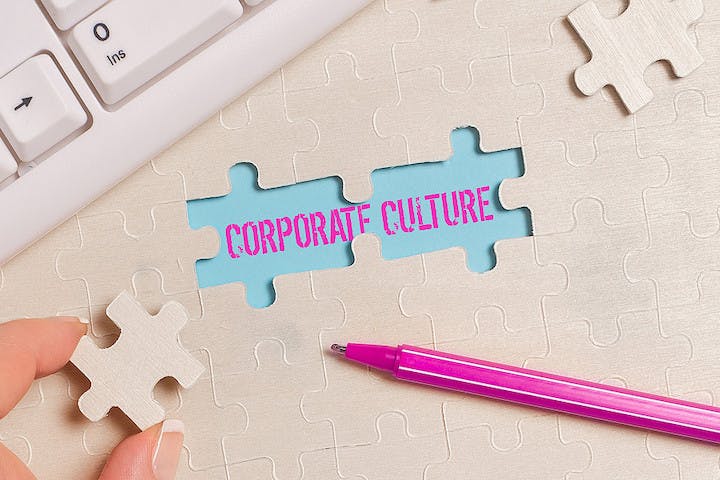How would you describe your corporate culture?
Is your culture social and collaborative? Or is it more entrepreneurial and creative? Is your company’s culture hierarchical and competitive? Or is it methodical and predictable?
Here’s the thing though. However you describe your culture, it’s a safe bet some of your employees (if not most) would choose very different words to explain your company’s workplace.
Your culture is the sum of all the behaviors, values, decisions, judgments, etc., that define good or bad in a given workplace. To that end, the way leaders think about the company’s culture is only a small slice of reality. If 500 leaders define the culture one way, but their 5,000 employees have a drastically different view, the chances are the views of the 5,000 will be a much better representation of the true culture.
Of course, the thought of asking 5,000 employees to describe your culture might seem overwhelming.
But while there’s no end to the words that can describe organizational cultures, research from the online test “What’s Your Organizational Culture?“ shows that there are four major types of corporate cultures:
- Social cultures: These are often relaxed and casual, and the line may be blurred between professional relationships and friendships.
- Dependable cultures: These are process-focused and highly predictable on a day-to-day basis.
- Enterprising cultures. These prize creativity, change and a sense of adventure.
- Hierarchical cultures: These are very traditional and people both value and compete for power.
Consistency
Any of those cultures can work well, but consistency is key. It’s nigh-on impossible to hire candidates to fit your culture when there’s not an accurate take on what the culture is really like. And employees are generally far more engaged when the culture, values, and performance expectations are clearly defined and consistent. For example, in the recent study, “Why Company Values Are Falling Short,” we discovered that employees are 115% more engaged when their organization has a well-defined set of company values. But only 33% of people believe that their direct manager holds people accountable to the company values.
Why you really do need to ask
All of this speaks to the need to ask your employees how they would actually describe your organization’s culture. (You can also do this exercise with your corporate values, strategic priorities, vision, etc.)
It’s a simple task to add an open-ended culture question to your next employee engagement survey, and the results can be eye-opening.
For example, I recently asked the leaders at a self-described innovative tech company to list three words that best describe their corporate culture. Their top three words were innovative, fast, and bold. But when employees answered the same question, the three most frequently used words were political, compliance, and cautious. There were pockets in the company where employees used words like bold and innovative, but overall, this simple question revealed a dangerous disconnect between leaders and employees.
There’s nothing inherently wrong with having a cautious culture where compliance takes precedence. But when the executive team is pushing for fast and bold innovation, the tension will be palpable. And it’s not hard to imagine a highly-recruited innovative candidate asking a current employee, “Is this place as innovative as they say?” only to be answered with an eye roll that rivals a surly teenager.
There are inspired and engaged employees in every flavor of corporate culture. The type of culture you create is actually less important than ensuring that whatever your culture is, it’s consistent and authentic from top to bottom.
